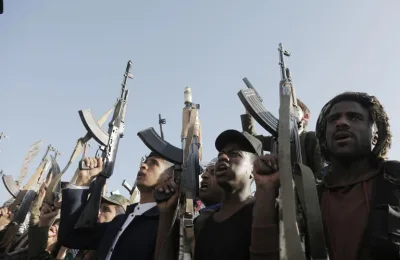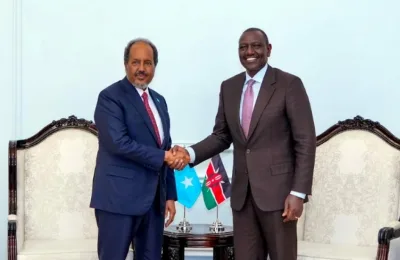Support for Somalia’s Territorial Integrity and Sovereignty The recent Arab Economic and Cooperation Forum held in…

Support for Somalia’s Territorial Integrity and Sovereignty
The recent Arab Economic and Cooperation Forum held in Doha, Qatar, made a significant declaration in support of the Federal Republic of Somalia’s territorial integrity and sovereignty. The organization strongly opposed Ethiopia’s plans to annex parts of Somali territory to establish a military base. The forum emphasized the importance of upholding Somalia’s independence and rights, citing international charters and laws that protect the sovereignty of nations. Somalia’s new Foreign Affairs Minister, Ahmed Fiqi, reiterated the country’s stance on defending its lands and called out Ethiopia for infringing on its sovereignty.
Three things to know:
- The Arab Economic Forum’s Support: The forum’s firm stance against Ethiopia’s annexation plans highlights the international community’s concern for Somalia’s sovereignty and territorial integrity.
- Rejection of Ethiopia’s Agreement with Somaliland: The declaration from the forum nullifying the agreement between Ethiopia and Somaliland underscores the importance of respecting Somalia’s boundaries and international law.
- Turkey’s Involvement in Protecting Somalia: Somalia’s partnership with Turkey to safeguard its coastline and resources showcases the strategic alliances being formed in the region to counter external threats and ensure stability.
Conclusions
In conclusion, the developments surrounding Ethiopia’s annexation plans in Somalia and the subsequent international responses underscore the complex interplay of politics, economics, and geopolitics in the region. The support shown by the Arab Economic Forum amplifies the significance of respecting national sovereignty in a global context. Additionally, Somalia’s collaboration with Turkey for maritime security highlights the growing role of strategic partnerships in safeguarding regional interests and deterring external threats. The situation reflects the delicate balance of power dynamics and territorial disputes that continue to shape the geopolitical landscape of the Horn of Africa.







